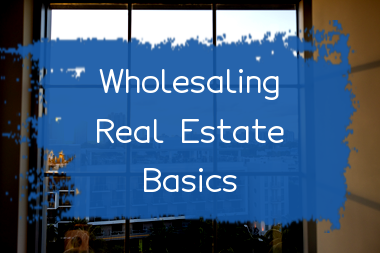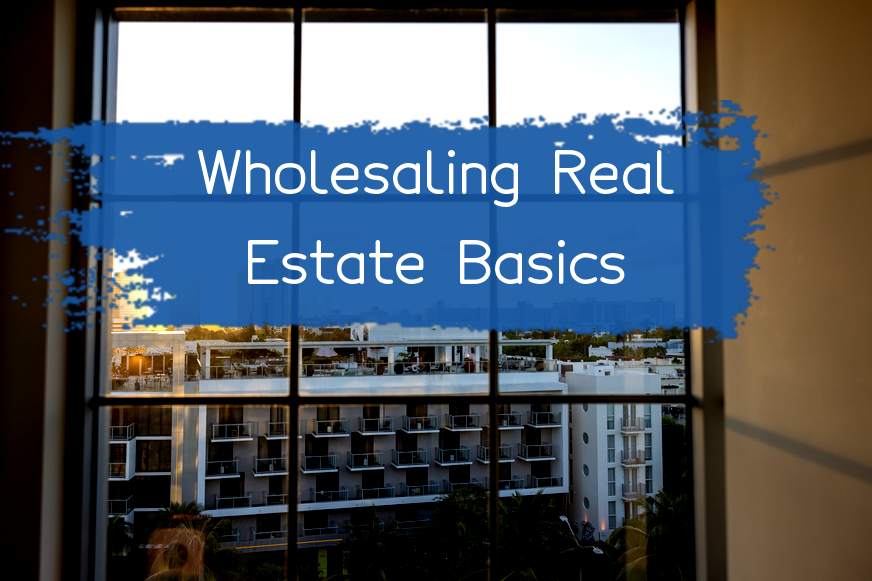A wholesaler in real estate is an individual or a company that specializes in finding underpriced or distressed properties. They then enter into a contract with the seller to purchase the property at a discount. The wholesaler then assigns or resells the contract to another real estate investor for a higher price, pocketing the difference as profit. Essentially, wholesalers act as intermediaries between distressed property owners and real estate investors looking for a good deal.
What is real estate wholesaling?
Real estate wholesaling is a process in which an investor, known as a wholesaler, finds a potential real estate deal with a motivated seller, puts the property under contract, and then assigns or sells the contract to an end buyer for a fee. In this process, the wholesaler is not purchasing the property themselves, but acting as a middleman between the seller and the end buyer, essentially marketing and facilitating the sale of the property to the end buyer. The end buyer usually includes rehabbers, landlords, or other investors who are looking for properties to flip or hold as rental properties. The wholesaler makes a profit by buying the property at a discounted price and selling it to the end buyer at a higher price, keeping the difference as their commission.
Example of a wholesale real estate transaction
A wholesale real estate transaction involves an investor who buys a property below market value and then sells it to another investor at a discounted price. For example, let's say an investor named John finds a distressed property in a desirable location. The property needs a lot of repairs and is priced at $100,000. John negotiates with the seller and agrees to buy the property for $80,000.
John then contacts other investors who are interested in buying distressed properties in the area. He finds an investor named Jane who is willing to buy the property for $90,000. John assigns the contract to Jane, meaning he is essentially selling his position in the contract to her for a fee. In this case, John charges a fee of $10,000 for assigning the contract.
Jane buys the property from the original seller for $80,000 and pays John $10,000 for assigning the contract. She still gets a good deal because the property is worth more after repairs and renovations. John earns a profit without having to invest a lot of money or time into the property, and Jane gets a discounted property that she can fix up and sell for a profit.
Overall, a wholesale real estate transaction is a win-win for everyone involved. The seller gets to unload a distressed property quickly, the wholesaler earns a fee, and the buyer gets a discounted property that they can fix up and sell for a profit.
Is real estate wholesaling legal?
Real estate wholesaling, which involves finding and contracting properties for a buyer and then assigning the contract to that buyer for a fee, can be legal as long as it complies with local laws and regulations. However, in some states, there may be specific restrictions on wholesaling, such as licensing requirements and disclosure requirements. Additionally, its important to note that wholesaling can often be controversial and is sometimes seen by some as unethical, depending on specific practices involved. Therefore, it's recommended to consult with an attorney or legal professional for advice on the specific legal requirements and potential risks around wholesaling in your area.
How to Wholesale Real Estate
Wholesaling real estate is the process of finding a good deal on a property and then selling the property to another investor for a profit. Here are the steps to wholesaling real estate:
- 1Find a good deal: Your first step in wholesaling real estate is to find a property that you can purchase at a low price. This can be done by looking for motivated sellers such as banks with repossessed homes, tax sales, and distressed properties. You can also find deals through your network, real estate agents, or wholesalers.
- 2Calculate the cost: Once you have found a potential property, you need to calculate all the costs associated with it, including repairs, taxes, insurance, and closing costs. This will give you an idea of how much you will need to sell it for to make a profit.
- 3Market the property: Your next step is to market the property to other investors. You can do this by advertising online, using social media, and attending local real estate investment groups. Make sure to highlight the benefits and potential profits of the property.
- 4Sell the property: Once you have found a buyer that is interested in the property, you will need to execute a contract with them. This contract will outline the terms of the sale and how much they will be purchasing the property for. After both parties have signed the contract, the sale will go through and you will receive your profit.
In summary, wholesaling real estate involves finding a good deal on property, calculating the cost, marketing the property, and then selling it to an investor for a profit. It is an excellent way to enter the real estate market and generate significant income with minimal risk.
Wholesale Real Estate vs Flipping
Wholesale real estate and flipping are two different strategies for investing in real estate.
Wholesale real estate involves finding and purchasing a property at a discounted price, then quickly selling it to another investor for a profit. In this scenario, the wholesaler acts as a middleman, connecting the original seller with the final buyer and taking a cut of the profit for their efforts. Wholesale investors typically focus on properties that are distressed, in foreclosure, or with motivated sellers who need to sell quickly.
Flipping, on the other hand, involves purchasing a property, renovating it, and then selling it for a profit. Flippers aim to buy properties that are undervalued or in need of repairs, then fix them up and sell them for a higher price. Flipping requires more effort and expertise than wholesaling, as investors must oversee the renovations and manage the appraisal process to ensure the property's value increases.
Both wholesale real estate and flipping can yield significant profits if done correctly. However, wholesalers tend to make quicker profits with less risk and investment, while flippers need more capital and experience to see a return on their investment.
Just one more thing: if you liked the article, please like us on social media and share this article with friends.



